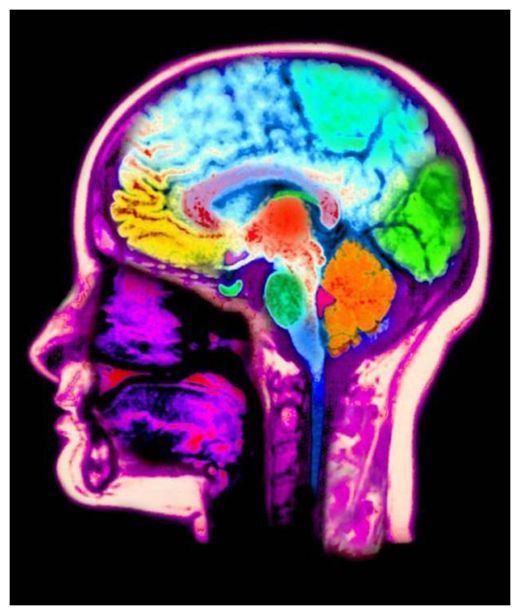- Behaviours found to spread throughout species seemingly telepathically
- These behaviours were adopted among groups that had never met
- This led scientists to believe they're spread via a collective consciousness
- Blue tits and macaques among species that share behaviours this way
- Report in 2010 claimed to have proved humans have similar psychic skills
- However, these claims have been dismissed some scientists in more recent reports
It may be due to something called collective consciousness - a term used by certain scientists to describe the practice of humans, and animals, sharing behaviours and ideas with each other telepathically.

But these claims divided opinion and more recent reports dismiss them as nonsense.
The idea of a collective consciousness was first presented by French sociologist Émile Durkheim in 1893.











Comment: For a comprehensive and effective meditation technique, visit our Éiriú Eolas program.